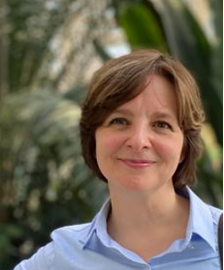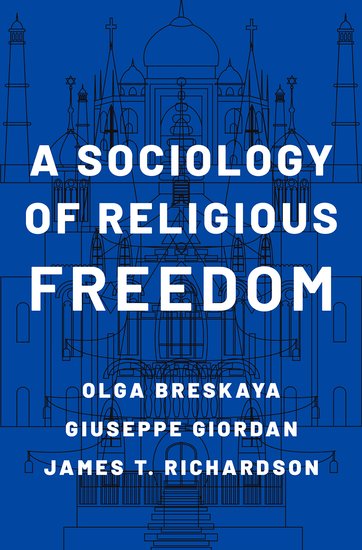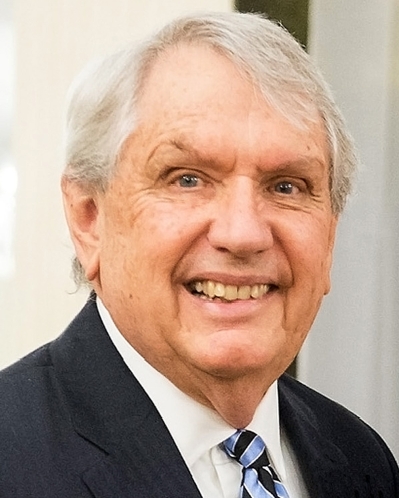Measuring Religious Freedom in Perceptions

Olga Breskaya is Associate Professor of Sociology in the Department of Philosophy, Sociology, Education and Applied Psychology at the University of Padua.
This post is part of a series on the sociology of religious freedom.
Together with theoretical perspectives on and analyses of religion’s judicialization worldwide, A Sociology of Religious Freedom devotes a key section to the empirical study of religious freedom and the methods developed to investigate it. As a coauthor, along with Giuseppe Giordan and James T. Richardson, my appreciation for this section was reinforced during a recent discussion of our book, when a panelist, a constitutional lawyer, made an insightful remark:
You sociologists talk about the measures and degrees of religious freedom. For us judges, who deal with legal cases in courts, there is only one scale—either there is freedom, or there isn’t.


